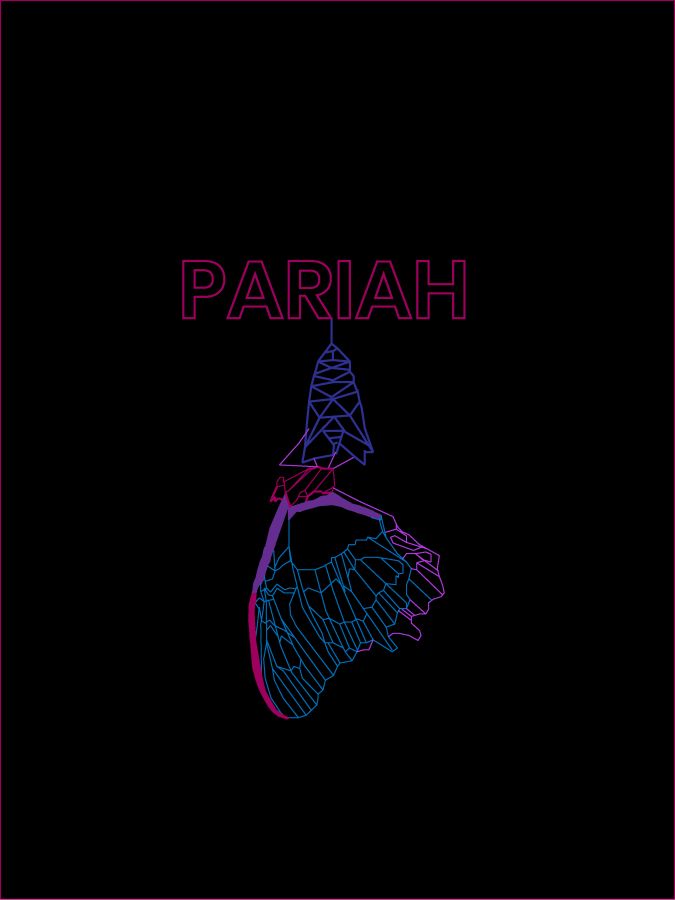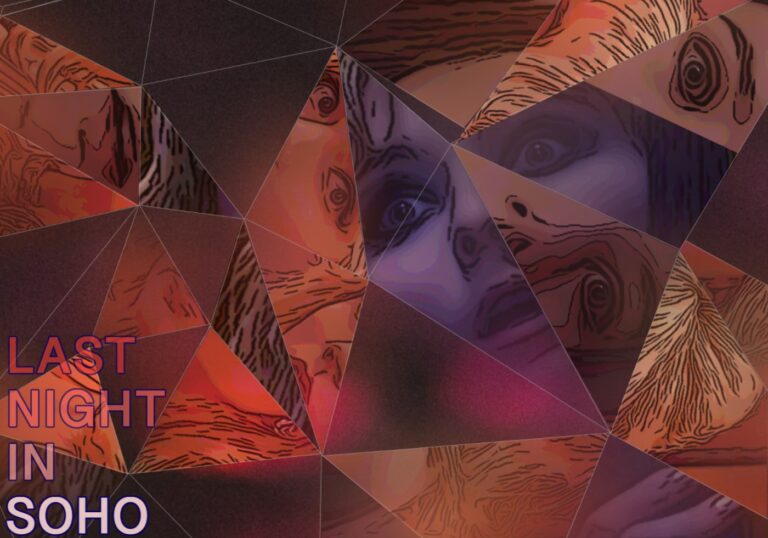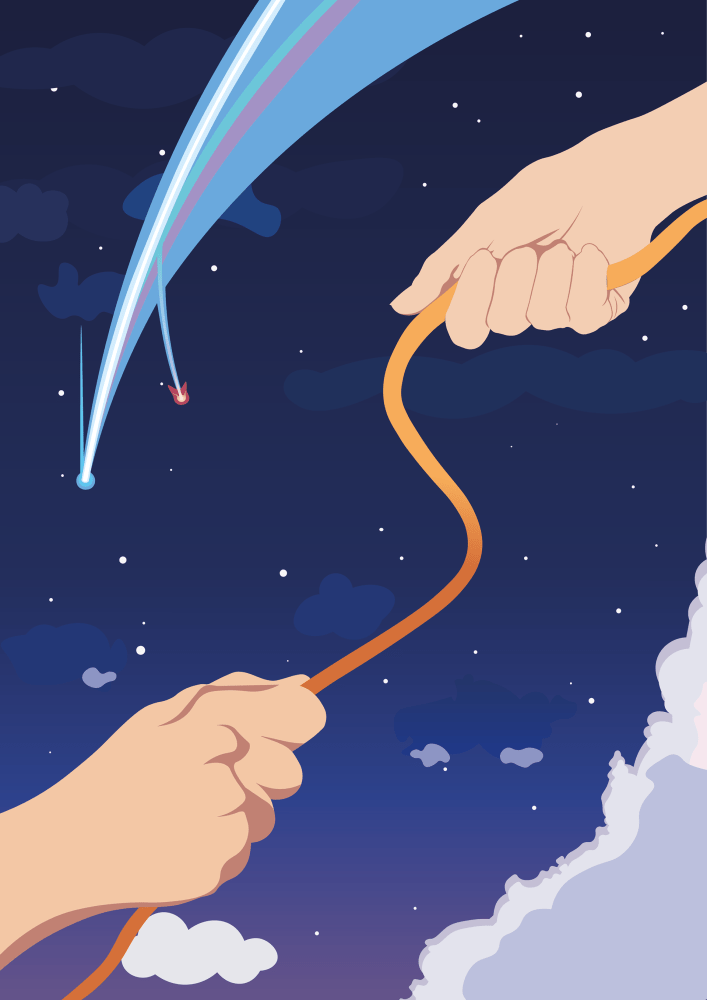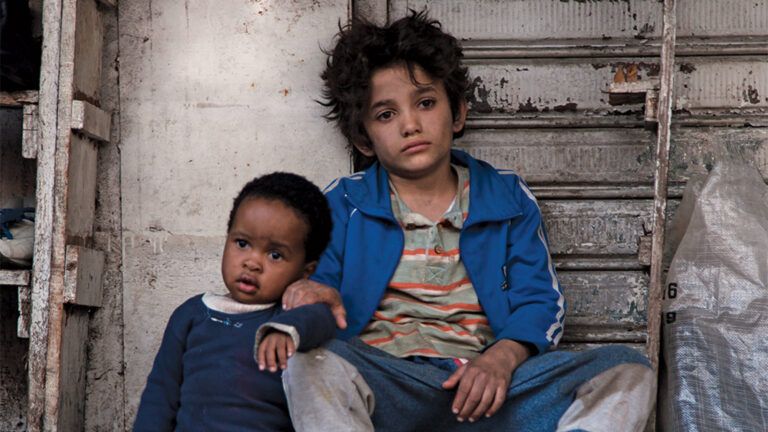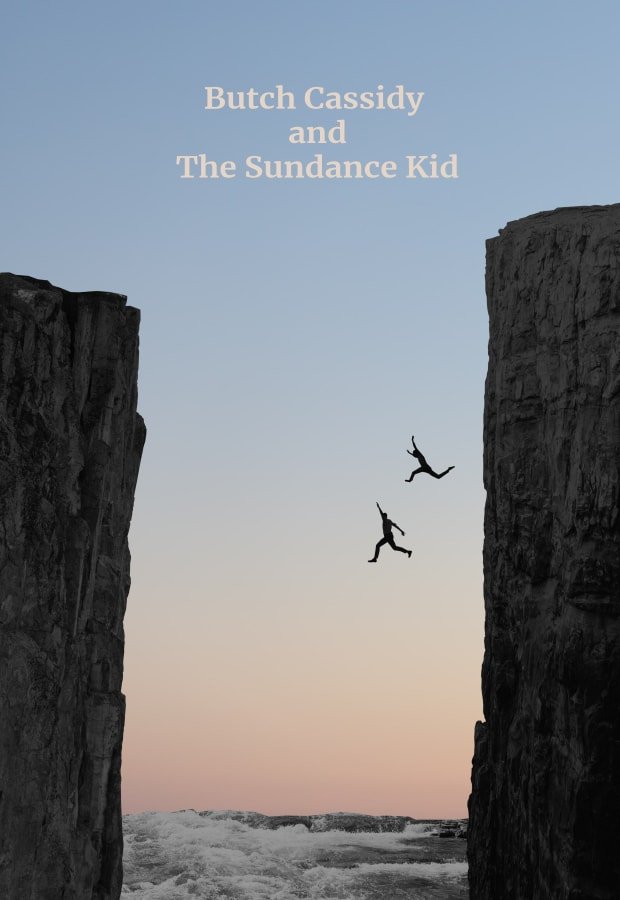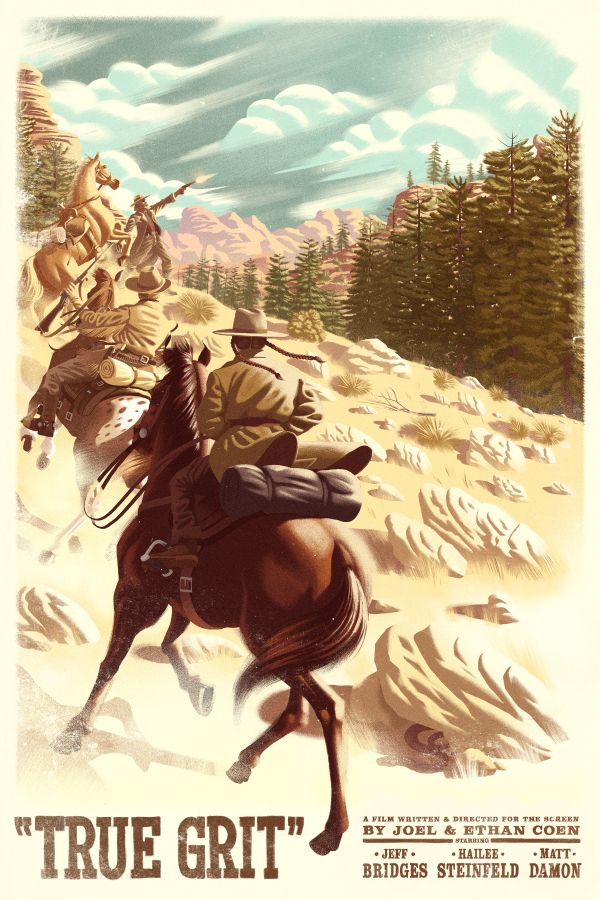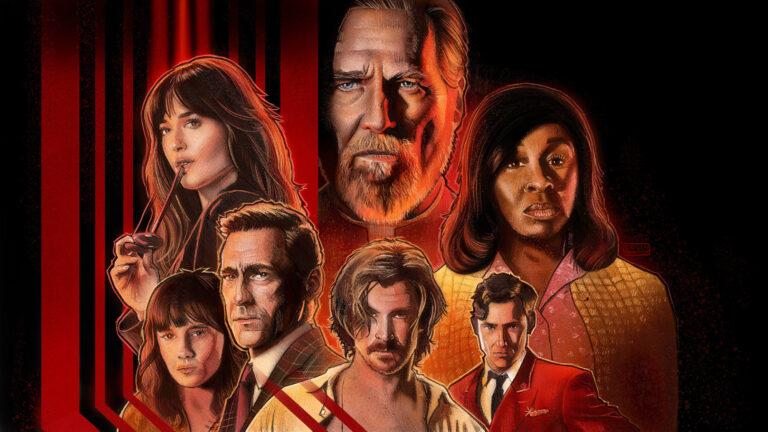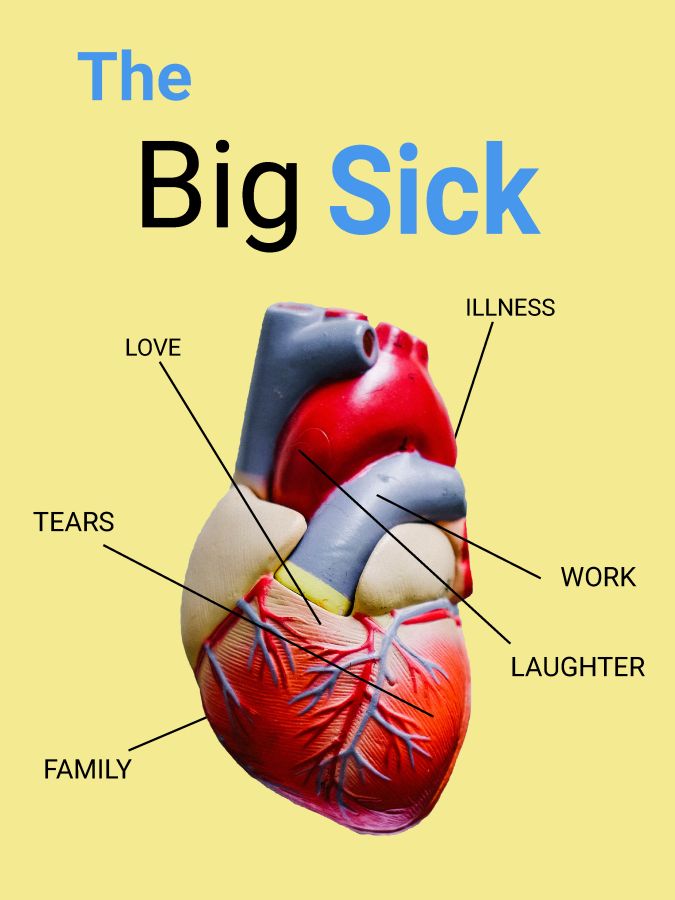Grounded so strongly in reality, Pariah doesn’t need heavy dialogue or scenes of action, but holds its power in the tensions and pressures that linger between a family that’s close to tearing itself apart. Pariah is a coming-of-age story about a young girl’s first steps in choosing to be herself; the personal exploration of her sexuality, to trying to shrug off the hands that push her to be someone she’s not.
Alike (Adepero Oduye) is a seventeen-year-old girl who’s beginning to explore her sexuality; she likes girls, has crushes, wants to date. But, like any teenager is nervous in having her first kiss, touch, dance, girlfriend etc. However, this is made much harder when faced with an over-protective, judgemental and godly mother (Kim Wayans), not to mention a father (Charles Parnell) who’s deeply in denial.
Feeling there’s no other choice, Alike has to hide who she is (including the way she dresses) all to placate her parents. At a time when she has questions and queries about relationships, her parents’ own relationship is breaking down, and when her father hurriedly interrupts Alike as she’s about to say she might like a girl – he inserts the word boy over her. Heart-breaking doesn’t cover it.
The only person Alike truly has is her close friend Laura (Pernell Walker) – who has gone through the process of telling her family she’s a lesbian, and now finds herself as an outcast from them. Some of the most poignant moments in Pariah are those of the larger community; a mum glances apprehensively at her neighbours’ doors, worrying that they might see her lesbian daughter; peers whisper about Alike’s appearance; verbal abuse is shouted from strangers. Each painful example highlighting the homophobic culture that still exists, and it’s soul-destroying to see, worse when no one seems to shout out how wrong it is. If this wasn’t gut-wrenching enough you see the children/young adults cast out from their homes because of their sexuality and left with no choice but to couch-surf or live on the streets. Although the latter is never directly shown, nor the day-to-day survival of people who have been abandoned, the subtle hints of this still permeate the scenes – and it’s what Alike fears the most.
There’s a sense in Pariah of breaking free from the expectations of others, and to instead choose for yourself. This feeling of freedom and transformation can also be seen in the writings of Alike, who finds her literature assignments are a way of expressing herself. It would have been easy here for the director and writer, Dee Rees, to have gone down the worn path of a teacher helping a student – one whose home life isn’t great and providing them a way out. But thankfully Rees hasn’t done this, instead there are just a few scenes of interaction between Alike and her teacher, in each of which she’s herself, adding to a sense that this is an area of Alike’s life that she controls.
Relationships are pivotal to the story within Pariah, with each one impacted by the other, while their differences make for sharp contrasts. Alike’s mother wants her daughter to emulate her, and to provide a companionship that’s missing both at work and with her husband. Meanwhile Alike’s father is closer to his daughter, but when he feels the judgemental eyes of others he changes his attitude, and her openness to him in turn shuts down. But her real family is her best friend Laura, their relationship almost sisterly as she supports Alike in her journey of who she is, accepting her unconditionally. But there are also moments of jealousy between the two with Alike longing for Laura’s freedom whilst also fearing it, and in turn Laura feels threatened by the first inklings of a love interest between Alike and the new girl Bina (Aasha Davis). Pointedly, Alike’s mother approves of this new friendship because Bina matches the “right” stereotype of a girly girl as opposed to Laura. Creating an opening for the audience to look at pre-conceived assumptions, judgements and the way people are treated with shame, and can be forced to live in denial.
Adepero Oduye is fantastic as Alike, making you instantly empathetic to her pain, while reminding you with her nervousness and apprehension your own as teenager. This coming-of-age period showing an already awkward time that’s made much more painful by her mother – whom Kim Wayans portrays. Wayans is brilliant as Alike’s mother and plays her character so well that you instantly see her loneliness and suffering. A painful irony exists here, for Alike’s mother could end her feelings of isolation by accepting her daughter, who in turn would lose her own, but instead she makes it worse by trying to mould her into someone else, and all because she fears losing her and so in turn is causing it. As such you can never be truly sympathetic to her character because of the way she treats Alike. The message and solution to it all – acceptance and love – but the film never rams this down your throat, the perspective being left for you to see.
Pariah is a stunning film about growing into the person you’ve always meant to be, and though Alike is met many times in her journey with shame and fear, she keeps moving ahead, and when choosing to reveal her sexuality it’s as though she’s thrown a great weight of pressure from her, even if the fallout is hard to watch.
Director & Writer: Dee Rees
Other notable works:
- Electric Dreams 2017-2018
- Mudbound 2017

